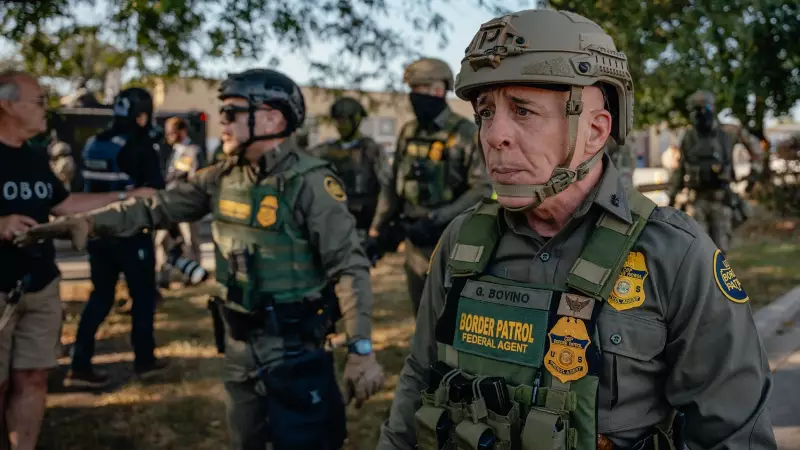
When most people think of US Border Patrol, they imagine agents stationed at international crossings and remote border areas. However, the reality is far more expansive and often surprising to Americans.
The 100-Mile Constitution-Free Zone?
Under federal regulations, Border Patrol agents maintain extraordinary authority within 100 air miles of any US external boundary. This means approximately two-thirds of the American population lives within what some legal experts call a "constitution-free zone" where normal Fourth Amendment protections against unreasonable searches and seizures don't fully apply.
Checkpoints: Not Just at the Border
Many travelers are surprised to encounter Border Patrol checkpoints dozens or even hundreds of miles from actual borders. These interior checkpoints operate on major highways where agents can:
- Briefly detain any vehicle for questioning
- Ask about immigration status without suspicion
- Refer vehicles to secondary inspection based on minimal cues
- Use drug-sniffing dogs without warrants
Public Transportation Sweeps
Border Patrol's reach extends to buses, trains, and other public transit systems within the 100-mile zone. Agents routinely board transportation to question passengers about their citizenship, often without any individualized suspicion.
"The power is enormous," notes a civil rights attorney. "People don't realize they can be asked for papers on a Greyhound bus in upstate New York or at a train station in Chicago."
When Can They Search Your Phone?
At border crossings and airports with international flights, Border Patrol agents have broad authority to search electronic devices without warrants. However, this power becomes more contentious at interior checkpoints, where legal challenges continue to shape the boundaries of digital privacy.
Constitutional Concerns and Legal Challenges
Civil liberties organizations have repeatedly challenged Border Patrol's expansive interpretation of their authority. Key concerns include:
- Racial profiling at interior checkpoints
- Warrantless device searches
- Prolonged detentions without probable cause
- Lack of transparency about operational boundaries
The tension between national security imperatives and constitutional protections continues to fuel legal battles across the country, making Border Patrol one of the most controversial federal law enforcement agencies operating within US borders.





